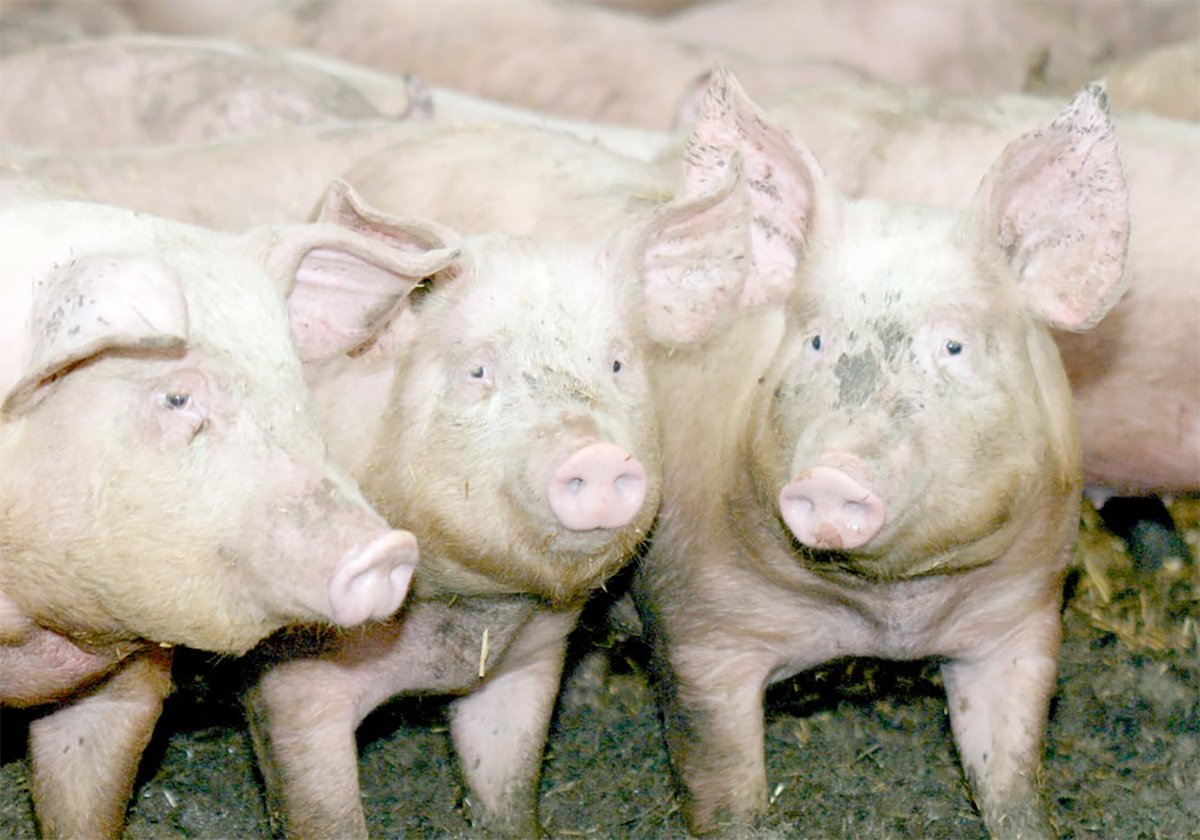RED DEER — The Canadian sheep industry is building a record-of-performance program that needs more participants.
GenOvis Canada, a national sheep database that records breeding records, weight gains and other valuable economic traits, allows producers to compare their own flocks with others.
However, more information is needed to produce meaningful results with estimated progeny differences, said Stacey Wright, head of the Canadian Sheep Breeders Association.
“We need more producers enrolled, and the more producers enrolled and the more data goes into the system, the more accurate the information,” said Wright.
Read Also

The Western Producer Livestock Report – November 13, 2025
Western Producer Livestock Report for November 13, 2025. See U.S. & Canadian hog prices, Canadian bison & lamb market data and sales insights.
The database is housed at the Centre for Genetic Improvement and Livestock at the University of Guelph. Weekly results are available.
“Most breeders who have used it would not be able to manage without it,” he said in an interview at the All Canada Sheep Classic held in Red Deer June 29-July 1.
However, with fewer than a million animals in the national flock, it takes time to build up information for animal improvement. Genomically enhanced expected progeny differences (EPD) are a long way off, said Amelie St-Pierre of GenOvis.
“We would like in the future to offer DNA tests,” she said.
“In Canada we are not there yet, but we are talking about it.”
The database is compatible with electronic flock inventory programs already in use.
It records the individual animal identification, sex, sire, ewe, date of birth and breeding records.
Ultrasound on muscle and fat depth can be included as well as weights at 50 and 100 days of age. The early weight helps demonstrate the mother’s milk production and 100-day weights are taken after weaning to show the potential of the lamb to grow.
GenOvis measures 15 traits, such as weight gain, muscle depth, fat cover, lambing interval and age at lambing.
It can then use that information to generate EPDs, which are an estimation of the genetic value that an animal may pass on to its offspring.
Genetic indexes are also available to select for several traits at once to provide an average rate of genetic progress.
The program started 17 years ago in Quebec and Ontario, where producers were looking for consistent information on performance and ways to predict future potential of rams and ewes. It is expanding across Canada and costs $232 plus tax to enroll.















